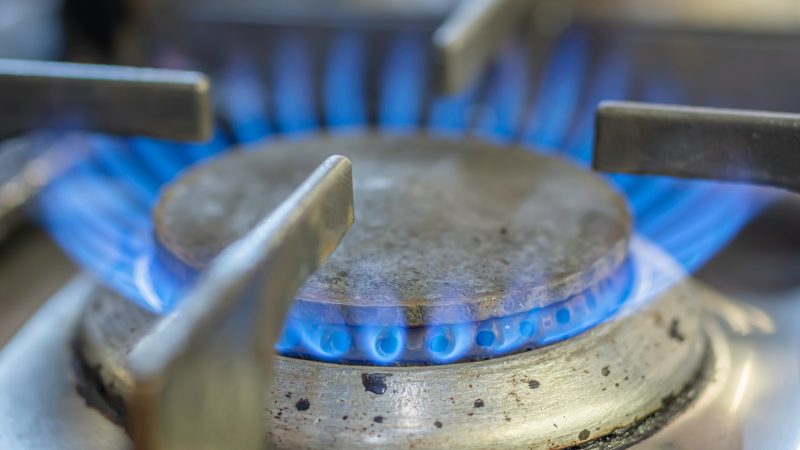
New analysis from the TUC has revealed that energy bills are set to rise at least 14 times faster than wages this year as the conflict in Ukraine exacerbates the ongoing energy crisis.
The research published by the federation of trade unions reports that utility bills will increase by 54% when the price cap rises in April, while average weekly wages are estimated to rise by just 3.75% this year.
“Everyone who works for a living ought to earn enough to get by. But years of wage stagnation, and cuts to social security, have left millions badly exposed to sky-high bills,” TUC general secretary Frances O’Grady warned.
The Bank of England has forecast that average wages will rise by around £1,000 in nominal terms during 2022, but the research published today suggests that 70% of these gains will be wiped out by the energy price cap increasing by £693.
The analysis by the TUC also notes that the expected further increase in the price cap in October – which could see it rise by more than the annual equivalent of £1,500 across the course of 2022 – could negate any gains in wages altogether.
“With households across Britain pushed to the brink, the government must do far more to help workers with crippling energy costs. That means imposing a windfall tax on oil and gas profits and using the money raised to give hard-pressed families energy grants – not loans,” O’Grady said.
“It means a real increase to Universal Credit to stop low-income workers from being pushed into poverty. That’s the fastest way to get support to families who need it. And it means coming up with a long-term plan to get wages rising across the economy.”
The research highlighted that workers on Universal Credit will see their benefits uprated by just 3.1%, equivalent to £121 over the year, from April 2022. It urged the government to introduce measures to support struggling families, describing the ‘buy-now-pay-later’ scheme announced by Rishi Sunak as “woefully inadequate”.
The TUC has called on ministers to reduce household costs by using the funds generated by a windfall tax on energy companies to provide energy grants that at least match future rises in the price cap for vulnerable households.
The organisation is also advocating a rapid programme of home insulation across the UK, targeted at lower income households, and has urged that Universal Credit be boosted to 80% of the real living wage and for the five-week wait, two-child limit and benefit cap within the scheme to be scrapped.
The energy regulator Ofgem announced in February that the price cap will increase by £693 on April 1st for customers on default tariffs paying by direct debit, from £1,277 to £1,971 per year. Prepayment customers will see an increase of £708, from £1,309 to £2,017.
Labour called in January for the government to introduce a windfall tax on North Sea oil and gas companies in response to rising living costs. Rachel Reeves cited the “record profits” made by the companies as utility bills have risen sharply.
Keir Starmer reiterated the demand for a windfall tax in Prime Minister’s Questions this week, as he focused on the impact of rising energy bills, and accused Boris Johnson of “protecting energy profits, not working people”.




More from LabourList
‘Labour’s quiet quest for democratic renewal’
‘Labour promised to make work pay. Now it must deliver for young people’
‘Council Tax shouldn’t punish those who have the least or those we owe the most’